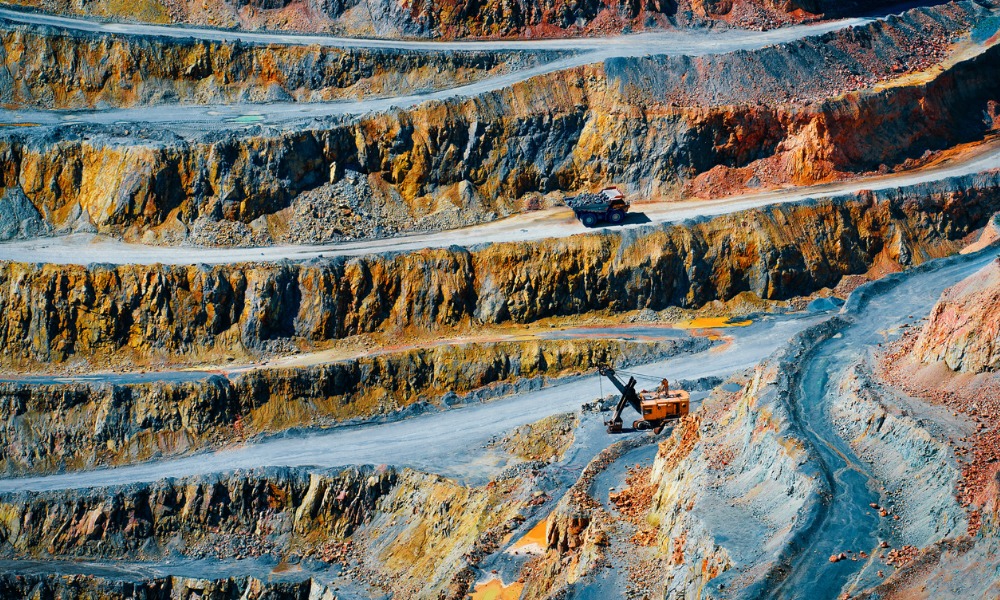
'The potential for cyanide to get into waterways is significant,’ says expert, after hundreds temporarily laid off

Two experts have raised water contamination concerns following the landslide at a gold mine in Yukon earlier this week.
On Monday, Victoria Gold Corp.’s Eagle Gold Mine experienced a “significant” landslide early Monday after a heap leach failure, according to the employer.
No one was hurt in the incident.
However, the heap leach facility at the mine site uses a cyanide solution to percolate through ore, stacked in 10-metre layers, to dissolve the gold, according to a CBC report. And this is a cause for concern, according to two experts.
"The concern initially is always for people at the site. Sometimes these failures can be extremely significant and bury people,” said John Steen, director of the Bradshaw Research Institute for Minerals and Mining at the University of British Columbia, in another CBC report.
"The worst case scenario would be cyanide leaching into river systems," he said.
Cyanide is a rapidly acting, potentially deadly chemical that interferes with the body's ability to use oxygen, explained the Centers for Disease Control and Prevention (CDC).
"Cyanide is water soluble and it affects, you know, most animals, fish, insects… they're all susceptible to cyanide poisoning,” said Steen.
Two leading unions in collaboration with the Occupational Cancer Research Centre (OCRC) are initiating a study to explore potential cancer risks among Canadian border workers, according to a previous CBC News. The research addresses long-time agent concerns that long-term exposure to environmental pollutants may be impacting the health of these employees.
Pad leaching is very common, said Steen.
"It's been adopted globally as a low-cost way of recovering metals, including gold and copper. But if they're not engineered properly, pads can fail.”
Neither the Yukon government nor Victoria Gold have raised environmental concerns following the landslide at the mine.
However, there is serious cause for concern, said Jamie Kneen, national program co-lead for MiningWatch Canada, in the CBC report.
"This is pretty close to one of the worst things that can happen," he said, of the incident at Eagle mine. "Because the potential for cyanide to get into waterways is significant.
"The consequences of that would basically be killing everything downstream until it gets diluted out to a low enough level."
Done out in the open, cyanide heap leach can be disastrous, said Kneen.
"Cyanide heap leach is a very environmentally dangerous process to begin with because you're putting crushed rock and cyanide solution on the surface," he said.
"When it's done out in the open, you risk, you know, not just disasters like this but runoff leakage from the rubber liner that is supposed to collect it all."
A safer alternative would be to put that crushed rock in tanks and mix the cyanide in a controlled environment, Kneen said.
Previously, one employer was fined $838,800 for exposing employees to a cancer-causing chemical.